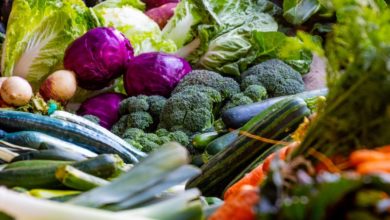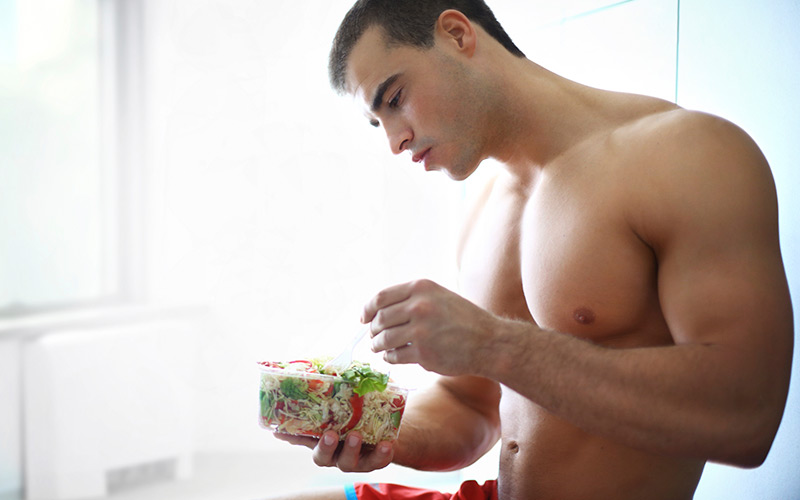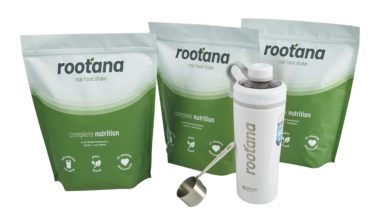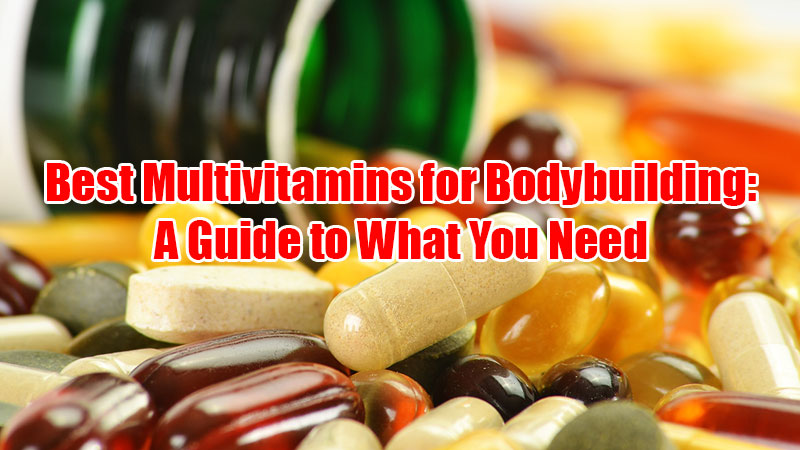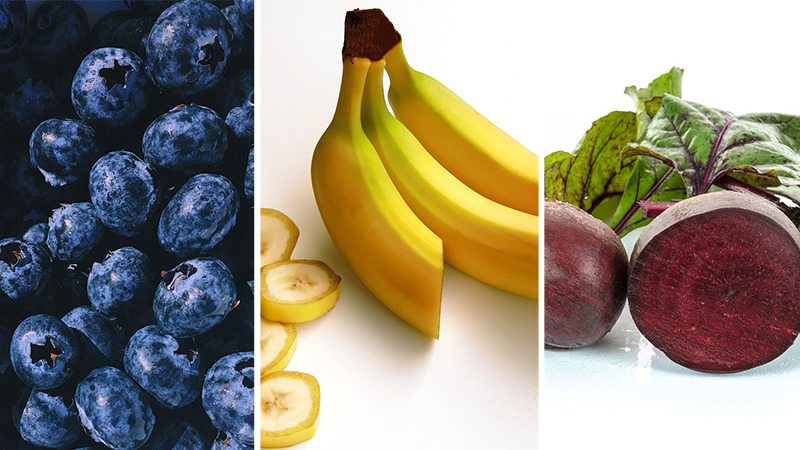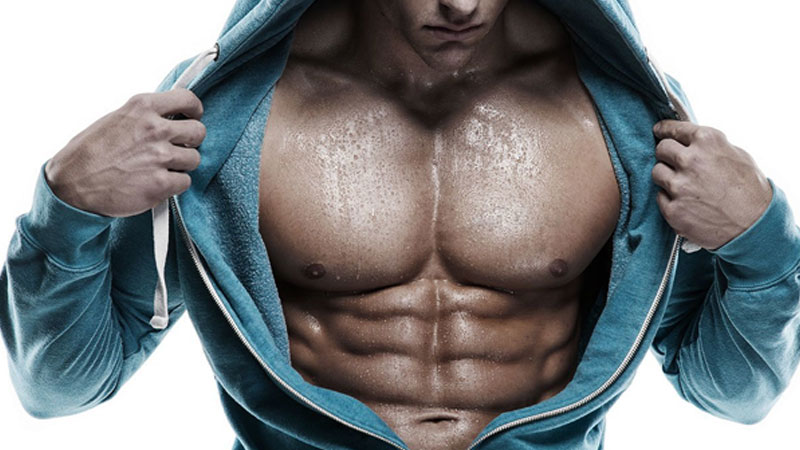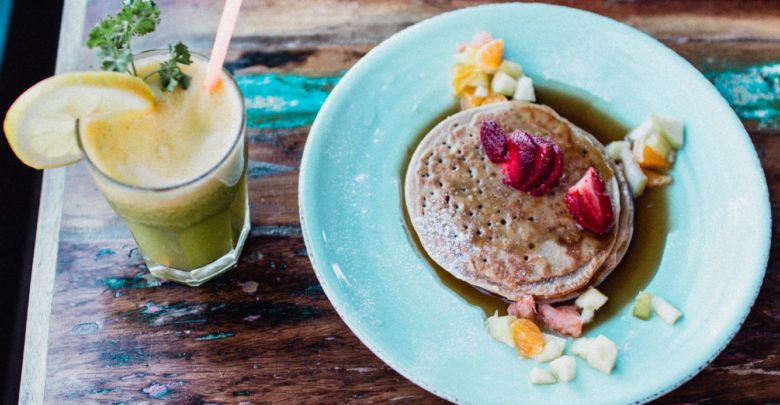
Working out is an essential part of maintaining a healthy lifestyle, but what you eat before hitting the gym can make or break your performance. While it’s important to fuel your body with the right nutrients for optimal performance, there are certain foods that can hinder your progress and leave you feeling sluggish, bloated, or even nauseous during your workout.
In this comprehensive guide, we’ll explore the foods you should avoid before a workout, the importance of proper nutrition, debunk some common myths, and offer suggestions for the best pre-workout meals and snacks. So, buckle up as we dive into the world of pre-workout nutrition!
The Significant Impact of Nutrition
Good nutrition is the foundation of a healthy lifestyle, and it plays a crucial role in not only our physical appearance and abilities but also our mood and mental health. Consuming the right nutrients before a workout can significantly improve your performance, enabling you to make the most of your gym sessions and reach your fitness goals faster.
However, eating the wrong foods before a workout can lead to a host of issues, including low energy levels, poor focus, and an increased risk of injury. So, it’s essential to be mindful of your pre-workout nutrition to ensure you’re fueling your body with the right nutrients for optimal performance.
Debunking Common Workout Nutrition Myths
There are several misconceptions surrounding workout nutrition, which can often lead people to make poor food choices before hitting the gym. Let’s take a look at two popular myths and set the record straight.
Myth 1: Fasted Workouts Burn More Fat
While fasted workouts aren’t necessarily harmful, they can result in sluggish and unproductive gym sessions due to a lack of energy. Moreover, there’s no conclusive evidence to suggest that fasted workouts burn more fat than workouts performed after consuming a pre-workout meal or snack.
Myth 2: The Quality of Food Doesn’t Matter
Some people believe that as long as they’re consuming enough calories, the quality of food they eat doesn’t matter. However, the truth is that the type of food you consume plays a significant role in your overall health and workout performance. Eating nutrient-rich, whole foods can improve your energy levels, enhance muscle growth, and aid in recovery, whereas consuming processed, fried, or sugary foods can leave you feeling sluggish and hinder your progress.
Foods to Avoid Before a Workout
Now that we’ve cleared up some common misconceptions, let’s delve into the foods you should avoid before hitting the gym to ensure you have a productive and enjoyable workout.
Overly Processed Foods
Highly processed foods can wreak havoc on your digestive system, potentially leading to an upset stomach during your workout. Additionally, these foods often contain excessive amounts of sugar and salt, which can negatively impact your overall health. Examples of processed foods to avoid include lunch meats, frozen meals, pre-packaged pastries, and candy.
Fried Foods
Fried foods are typically high in unhealthy fats, which can make you feel sluggish and negatively affect your digestive system. These foods can cause bloating, gas, and stomach discomfort, making it challenging to complete a workout. Opt for healthier options like grilled or baked proteins and veggies instead.
Foods High in Added Sugars
Many “healthy” protein and granola bars are loaded with added sugars, which can leave you craving more and negatively impact your blood sugar levels. Always check the labels of your favorite bars and consider healthier alternatives or homemade options.
Foods High in Unhealthy Fats
Consuming high-fat foods like cheese and certain meats before a workout can lead to decreased energy levels and feelings of fullness, making it difficult to perform at your best. Additionally, it’s essential to avoid trans fats, which can be found in processed foods and contribute to poor overall health.
Sports and Energy Drinks
While sports drinks can provide hydration and electrolytes, they often contain added sugars and other unhealthy ingredients. Instead, opt for water and consume natural sources of electrolytes like fruits and vegetables. As for energy drinks, they can be high in sugar and contain other harmful ingredients. If you need a pre-workout energy boost, consider a high-quality pre-workout supplement instead.
Certain Vegetables
While vegetables are generally a healthy choice, some can cause digestive issues when consumed before a workout. Broccoli and other leafy greens can be difficult to digest, leading to discomfort and gas. Save these veggies for your post-workout meal and choose more easily digestible options like carrots or cucumbers as a pre-workout snack.
Ideal Pre-Workout Meals and Snacks
Now that we’ve covered the foods to avoid before a workout, let’s explore some nutritious and delicious options to fuel your body and enhance your performance.
Carbohydrates
Carbs are essential for providing energy during your workout, and they can help regulate blood sugar levels and replenish glycogen stores in your muscles. Opt for complex carbs like whole grains, fruits, and sweet potatoes, which are more nutrient-dense and provide sustained energy.
Healthy Fats
Incorporating healthy fats into your pre-workout meal can provide additional energy, particularly for endurance workouts. Some excellent sources of healthy fats include nut butter, avocados, nuts, full-fat Greek yogurt, and hummus.
Protein
Protein is vital for muscle repair and growth, making it an essential component of your pre-workout nutrition. Some great protein sources include hard-boiled eggs, whey protein powder, almond milk, and chocolate milk.
Hydration
Staying hydrated is crucial for optimal workout performance, so make sure to drink plenty of water before, during, and after your workout. Fruits like watermelon and oranges can also provide additional hydration and a boost of natural sugars for energy.
Electrolytes
Electrolytes are essential for maintaining fluid balance and supporting muscle function during your workout. Instead of relying on sugary sports drinks, opt for natural sources of electrolytes like coconut water, bananas, and leafy greens.
Timing Is Crucial
The timing of your pre-workout meal or snack can significantly impact your comfort and performance during your workout. Ideally, aim to consume your pre-workout meal or snack about 2 hours before exercising. However, if you’re short on time, opt for a lighter, easily digestible option to avoid feeling overly full or uncomfortable.
Individual Needs Vary
Remember that everyone’s nutritional needs are different, and what works for one person may not work for another. Experiment with different foods and timings to determine what works best for you and your unique workout routine.
In Conclusion
Proper pre-workout nutrition is essential for maximizing your performance and reaching your fitness goals. By avoiding certain foods and incorporating nutrient-dense options into your pre-workout meals and snacks, you can fuel your body effectively and enjoy better workouts. So, next time you’re gearing up for a gym session or a cardio workout, keep these tips in mind to ensure you’re properly fueled and ready to crush your fitness goals!

